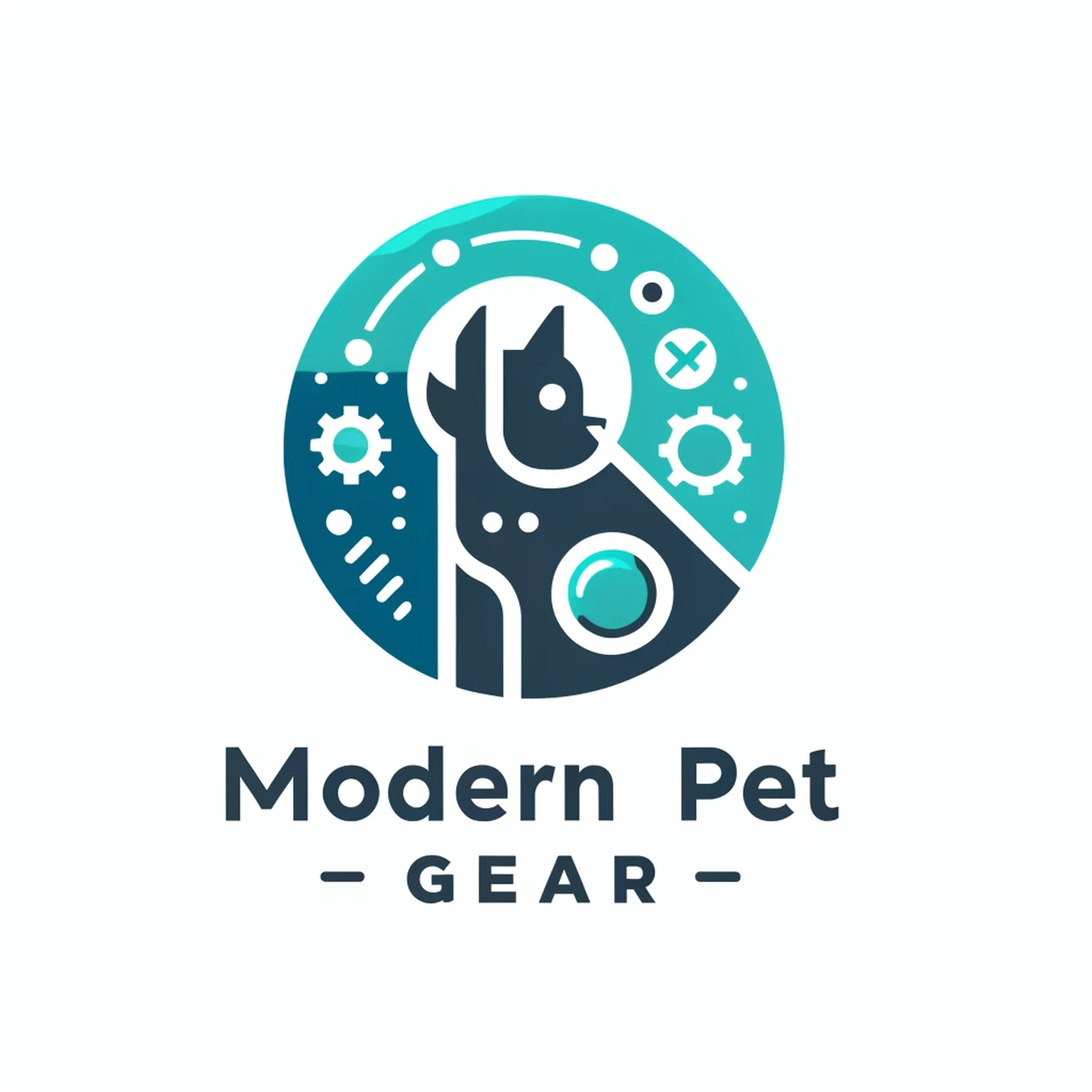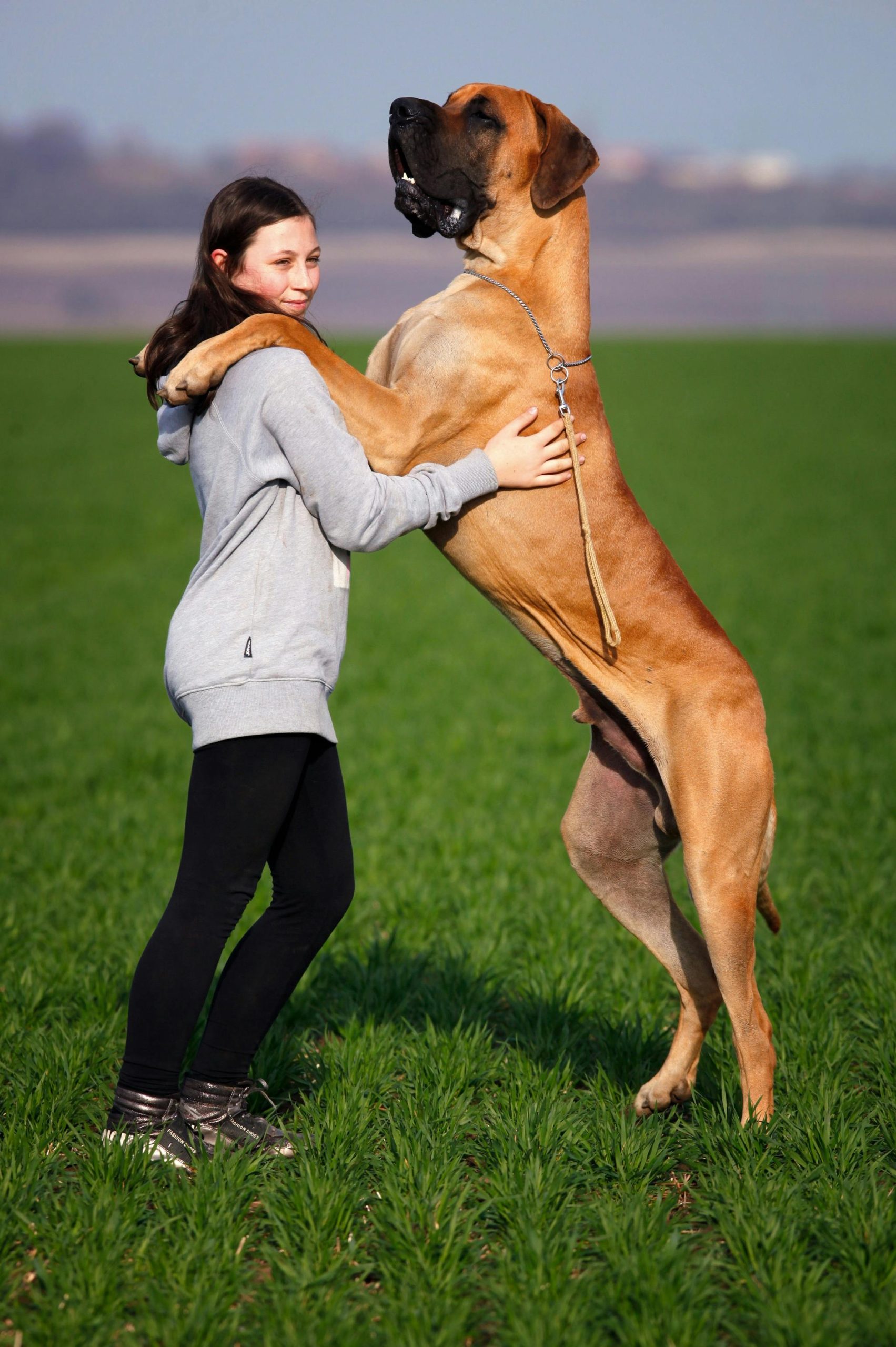Welcome to your comprehensive guide to caring for a large dog! Whether you’ve recently adopted a big furry friend or are planning to, this guide will provide you with all the essential information you need to keep your large dog healthy, happy, and well-behaved. From grooming and nutrition to exercise and health care, we’ve got everything covered.
Why Large Dogs Need Special Care
Large dogs are wonderful companions, but their size comes with unique challenges and responsibilities. Proper care ensures they live a long, healthy, and fulfilling life.
Grooming Essentials for Large Dogs
- Regular Brushing
- Frequency: Brush your large dog at least once a week.
- Tools Needed: Use a sturdy brush designed for large breeds, like a slicker brush or an undercoat rake.
- How to Do It: Brush in the direction of hair growth to remove loose fur and prevent mats. Pay special attention to areas prone to tangling, like behind the ears and under the legs.
- Bathing
- Frequency: Bathe your large dog every 6-8 weeks, or as needed.
- Products: Use a gentle dog shampoo and conditioner.
- Tips: Ensure you have a large, non-slip bath area. Rinse thoroughly to remove all shampoo residues.
- Nail Trimming
- Frequency: Trim nails every 3-4 weeks.
- Tools Needed: Use a heavy-duty nail clipper or grinder.
- How to Do It: Be cautious not to cut the quick (the blood vessel inside the nail). If unsure, seek help from a vet or professional groomer.
- Ear Cleaning
- Frequency: Check ears weekly for signs of infection.
- Tools Needed: Use a vet-recommended ear cleaner and cotton balls.
- How to Do It: Gently clean the outer ear, avoiding deep insertion into the ear canal.
Nutrition for Large Dogs
- Balanced Diet
- High-Quality Food: Choose a dog food specifically formulated for large breeds. These foods often contain the right balance of nutrients to support joint health and overall well-being.
- Portion Control: Follow the feeding guidelines on the food package and adjust based on your dog’s activity level and weight.
- Hydration
- Fresh Water: Ensure your dog has access to fresh water at all times.
- Water Intake: Monitor their water intake to prevent dehydration.
- Supplements
- Joint Health: Consider supplements like glucosamine and chondroitin for joint health.
- Omega-3 Fatty Acids: These promote a healthy coat and skin.
Exercise and Activity
- Daily Exercise
- Requirements: Large dogs need regular exercise to maintain a healthy weight and prevent behavioral issues.
- Activities: Include walks, runs, fetch, and other interactive play. Aim for at least 30-60 minutes of exercise daily.
- Mental Stimulation
- Importance: Mental stimulation is crucial to prevent boredom and destructive behaviors.
- Activities: Puzzle toys, obedience training, and agility courses can keep their minds active.
Health Care Tips for Large Dogs
- Regular Vet Check-Ups
- Frequency: Schedule annual or bi-annual visits to monitor your dog’s health.
- Vaccinations: Keep up with vaccinations and preventative care like flea, tick, and heartworm treatments.
- Joint Care
- Monitor: Watch for signs of joint problems, such as limping or stiffness.
- Preventative Measures: Provide joint supplements and maintain a healthy weight to reduce stress on joints.
- Common Health Issues
- Hip Dysplasia: Regular vet check-ups can help detect and manage this condition early.
- Bloat: Feed smaller, more frequent meals and avoid vigorous exercise immediately after eating.
Training and Behavior
- Obedience Training
- Basic Commands: Teach basic commands like sit, stay, come, and heel.
- Consistency: Be consistent with commands and use positive reinforcement.
- Socialization
- Exposure: Introduce your dog to different environments, people, and other animals from a young age.
- Positive Experiences: Ensure these interactions are positive to build confidence and reduce fear.
Creating a Routine
- Set a Schedule
- Feeding Times: Feed your dog at the same times each day to create a routine.
- Exercise Routine: Establish regular exercise times to ensure consistency.
- Make it Positive
- Positive Reinforcement: Use treats and praise to reward good behavior and make activities enjoyable.
- Seek Professional Help When Needed
- Grooming and Training: Don’t hesitate to seek professional grooming services or a dog trainer if you encounter challenges.
Conclusion
Caring for a large dog requires dedication, but the rewards are immense. By following this comprehensive guide, you’ll ensure your big furry friend stays healthy, happy, and well-behaved. For more tips and advice on pet care, visit our Pet Care Guides section and join our community of pet lovers!

